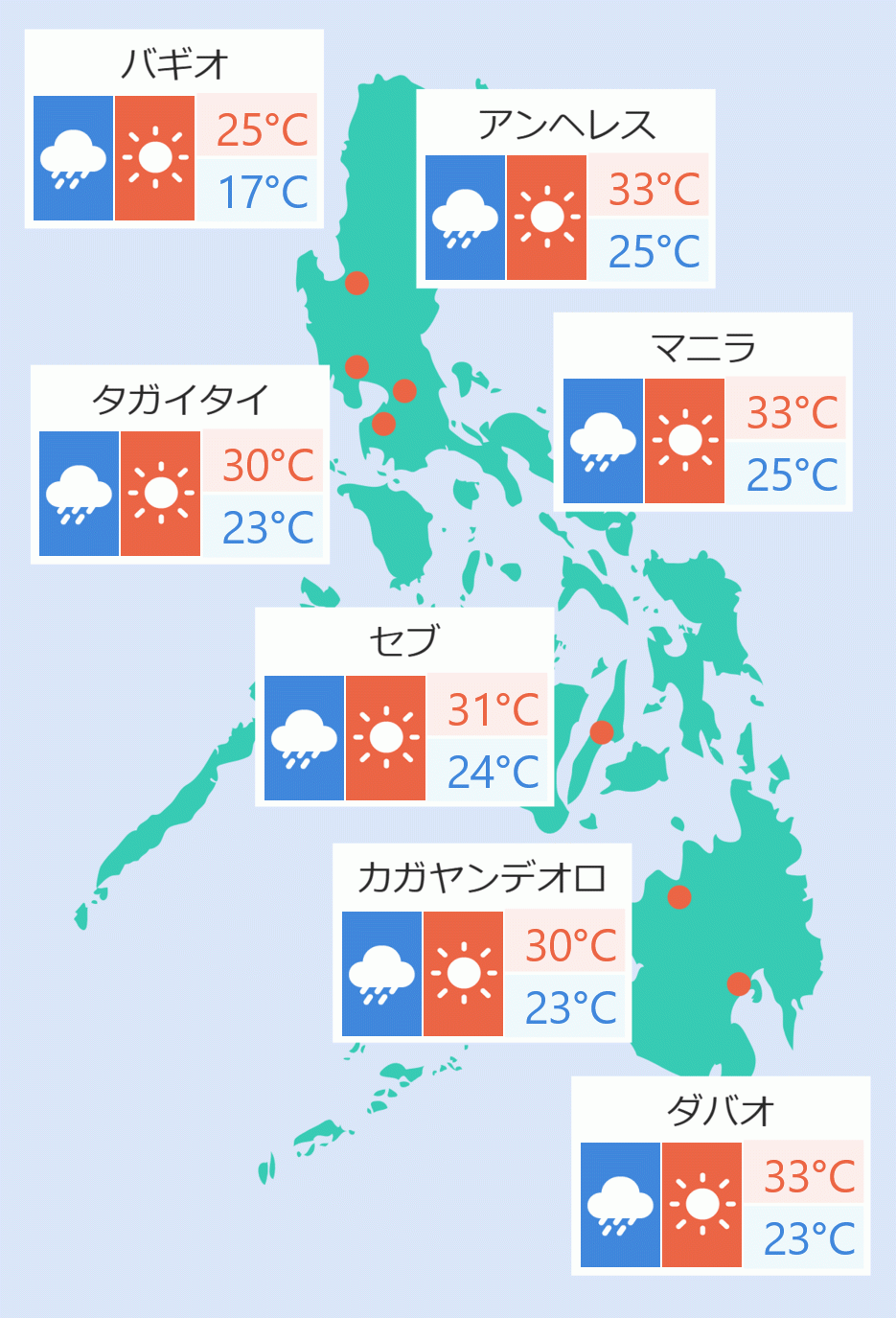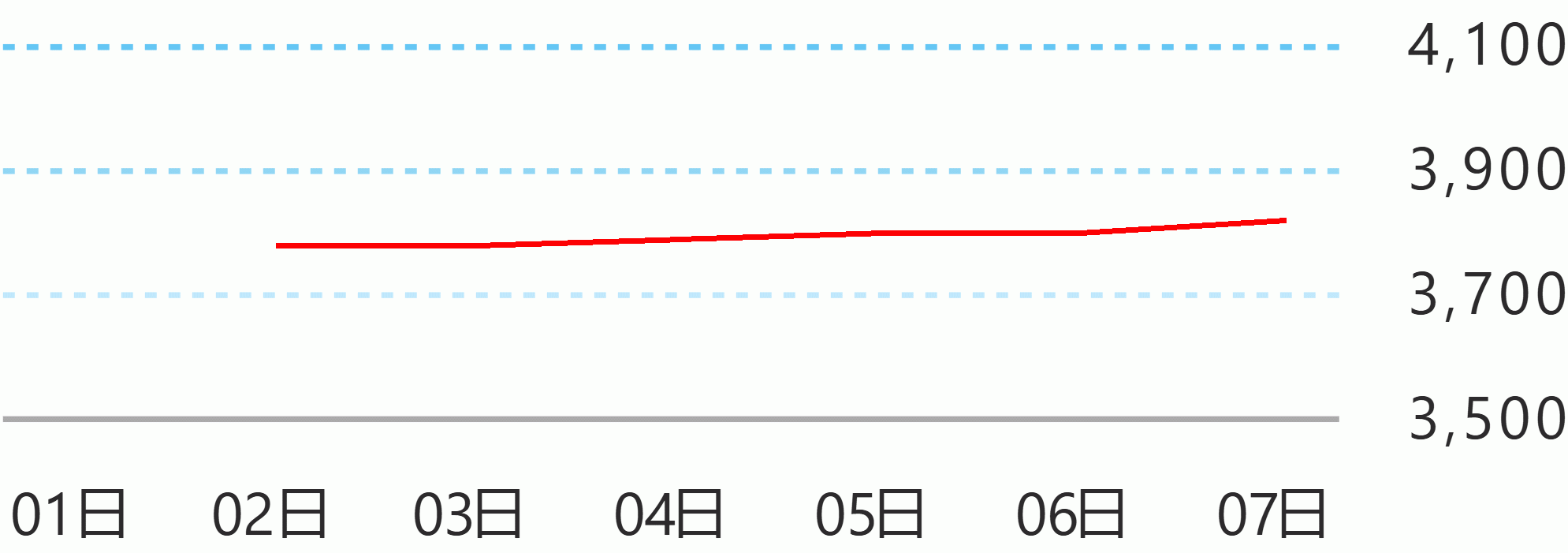Three Japanese women are quietly working in Philippine communities, while promoting a social consciousness that women can break the glass ceiling and lead change.
Ayaka Ishikawa, Mariko Katagi, and Teruko Sugiyama are members of the Japan International Cooperation Agency (JICA) Volunteer Program supporting various development causes in the Philippines, the Embassy of Japan said in a statement Friday.
In Siquijor, Ishikawa, a member of Japan Overseas Cooperation Volunteers (JOCV) teamed up with local associations to upcycle old clothes and used papers into new products like bags.
“When I visited communities, I learned that a lot of people want to increase their income but they have no idea how to do it. We then put up a Material Facility Recovery in each barangay, which they can use to collect raw materials and transform them into new products they can sell,” said Ishikawa, an economics graduate from Hosei University in Tokyo.
“I like listening to the voices of the people, talking to them, and helping them with their problems.”
Waste management is a challenge in Siquijor, and the upcycling project is something that hopefully they can manage by themselves not only for income but also for a cleaner environment,” she added.
Young JOCV Mariko Katagi is working with small enterprises in Siquijor to uplift the lives of housewives and their families in the island, “I’ve never lived abroad before my JOCV work in the Philippines. As I work with the local communities, I began to appreciate our difference and learned that we can get along despite our different values and culture.”
Katagi is a graduate of Bachelor of Fine Arts from Kyoto Seika University in Kyoto City. In Kyoto, she has worked in product development and design for an apparel company.
Using coconut shells and leaves, and even clothing scraps, Katagi is helping small enterprises develop new souvenir items in Siquijor. “I hope to be able to teach them how to eventually create new products on their own.”
The JOCV program has about 58% women volunteers implementing projects in developing countries, a positive sign of the leadership roles that women do in communities these days.
In West Visayas State University in Iloilo, a Japanese senior volunteer Teruko Sugiyama is collaborating with University professors on teaching students of the university’s special education program how to assess and implement interventions for children with special needs.
“These students are future SPED teachers and I hope to inculcate in their hearts the importance of early intervention to children with disabilities. This is one way that together teachers, parents, and communities can build the children’s self-reliance after attending special needs schools.”
Having worked in Sri Lanka and Turkey, Sugiyama shared that it is possible for people to work together and build a shelter for children with special needs so they can learn new skills and achieve independence.
In her previous work in Japan as SPED teacher, parents and the communities raised funds through craft making, waste recycling, and baking so they can build a shelter for special children.
“I hope that my counterparts in the Philippines will sustain what I started in the university particularly in training future SPED teachers to promote equal opportunities for all,” she added.
Ishikawa, Takagi, and Sugiyama show that the voices of women could be a powerful force that can help create solutions to the challenges in communities today. DMS





 English
English









